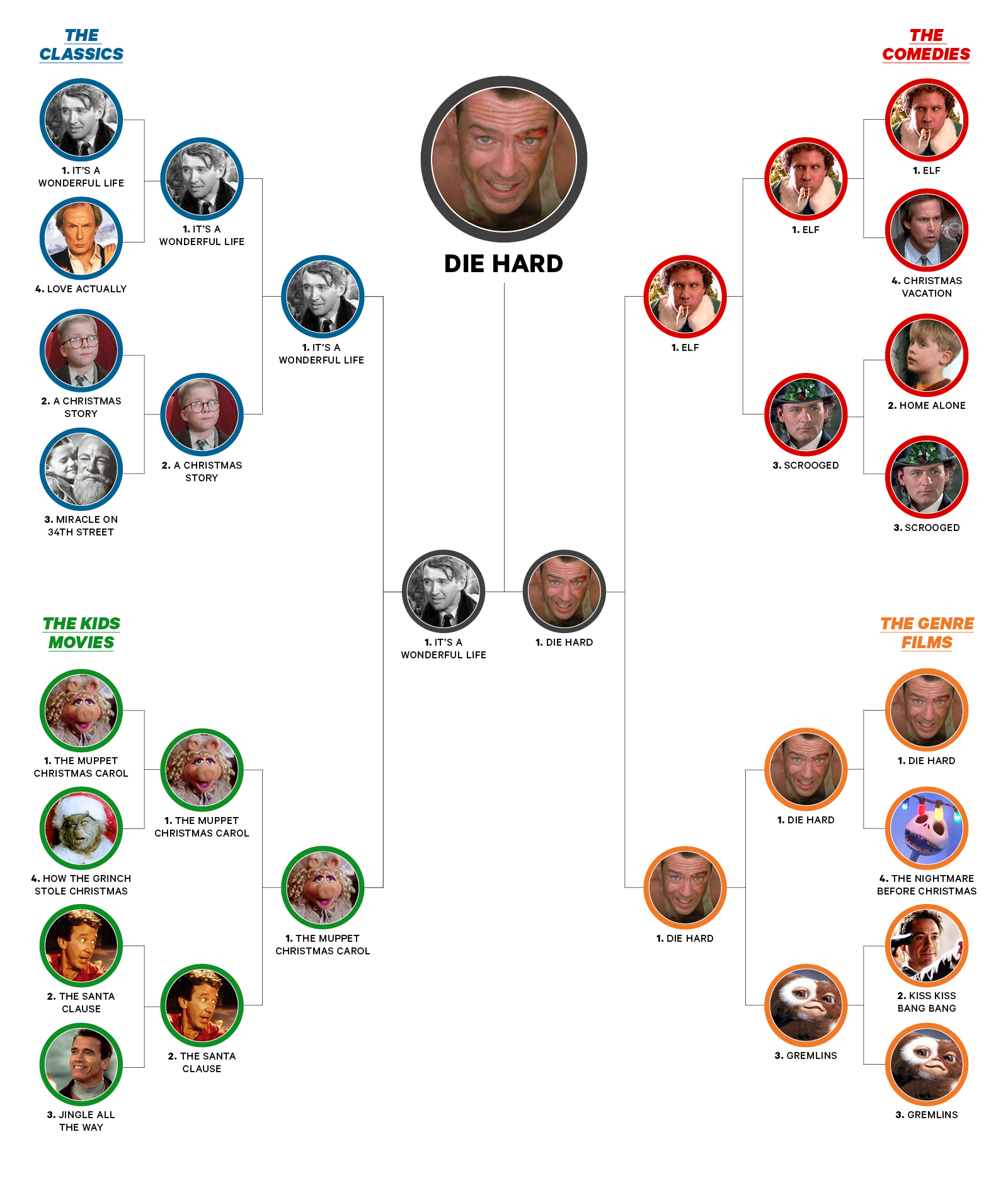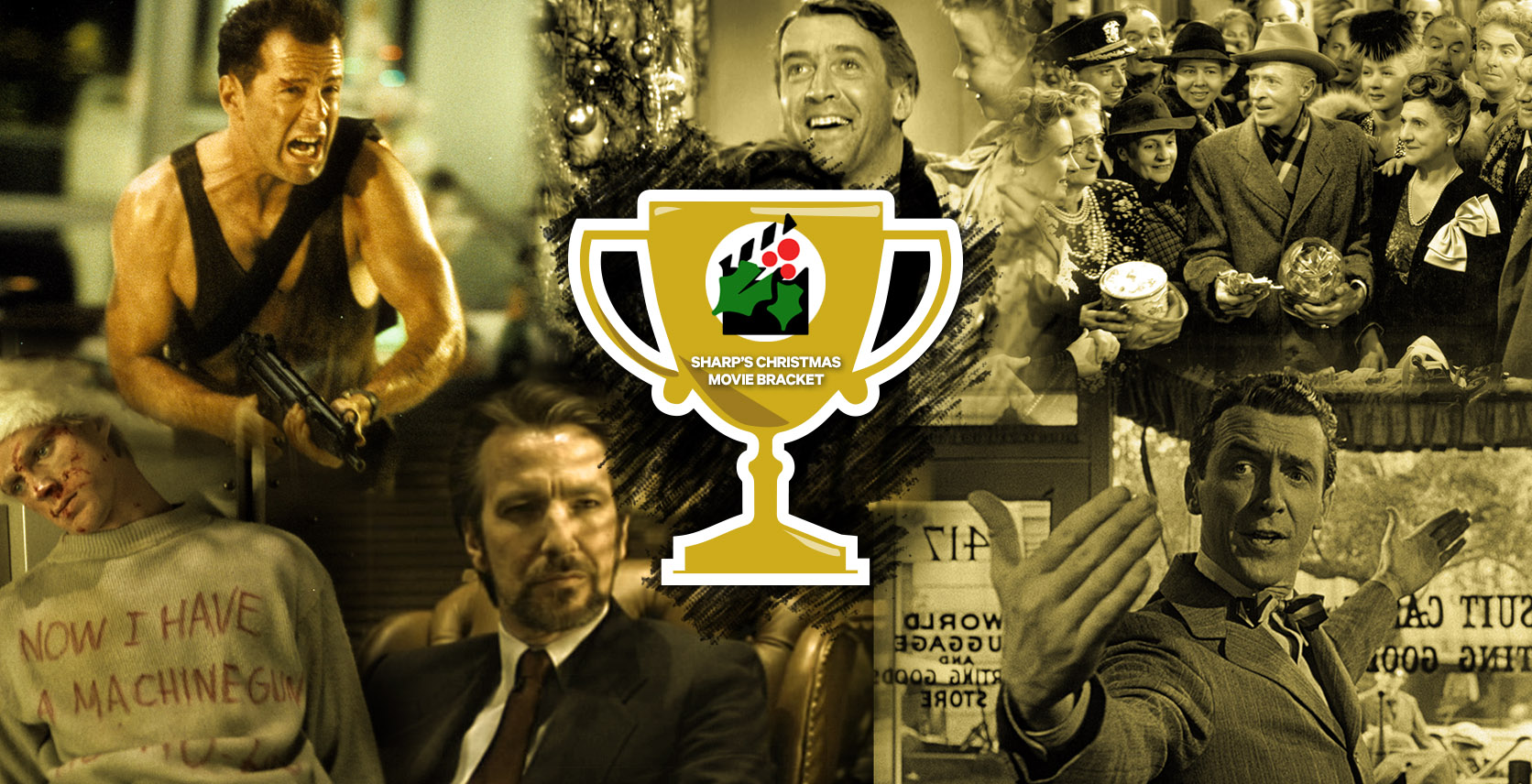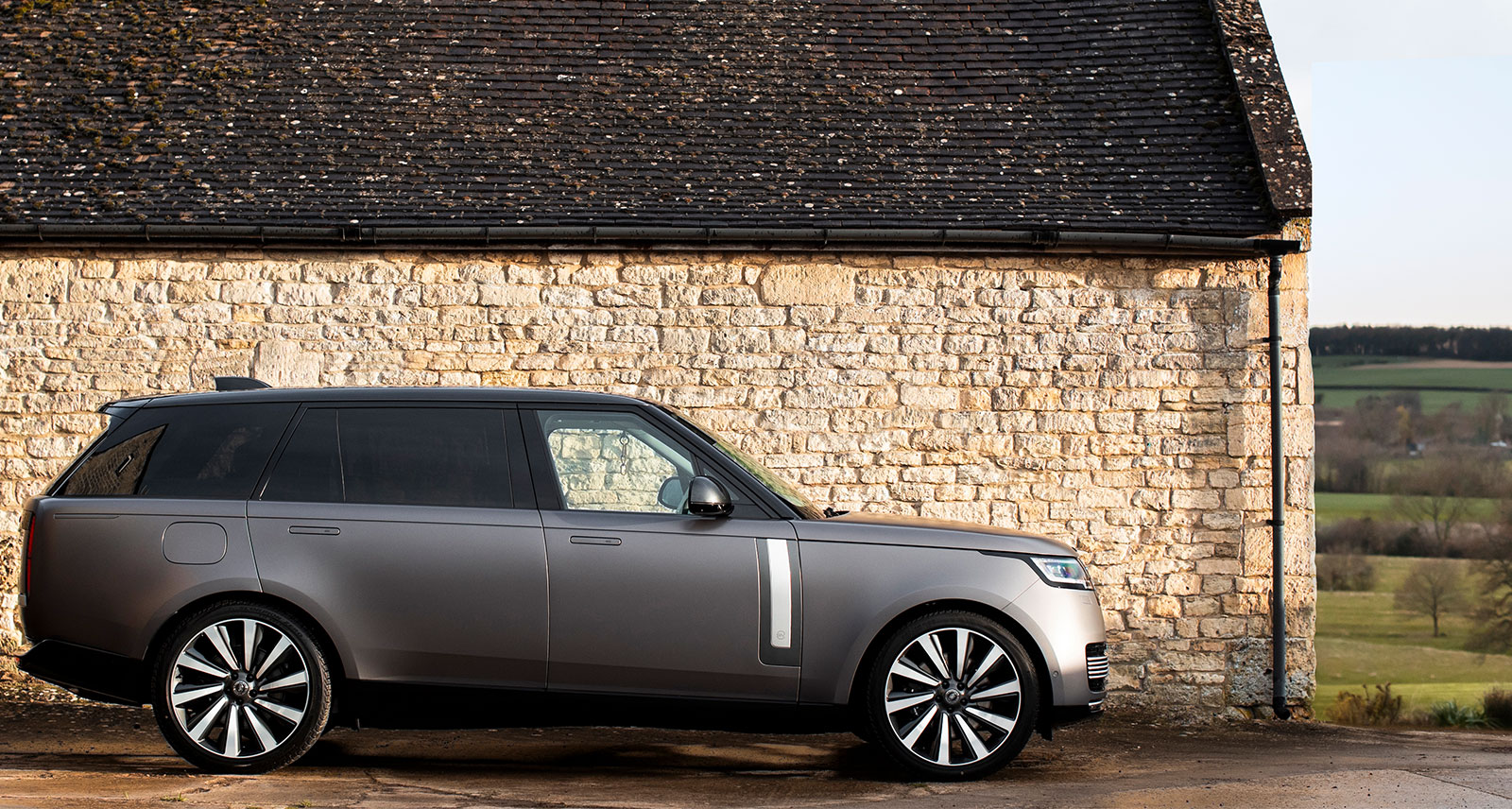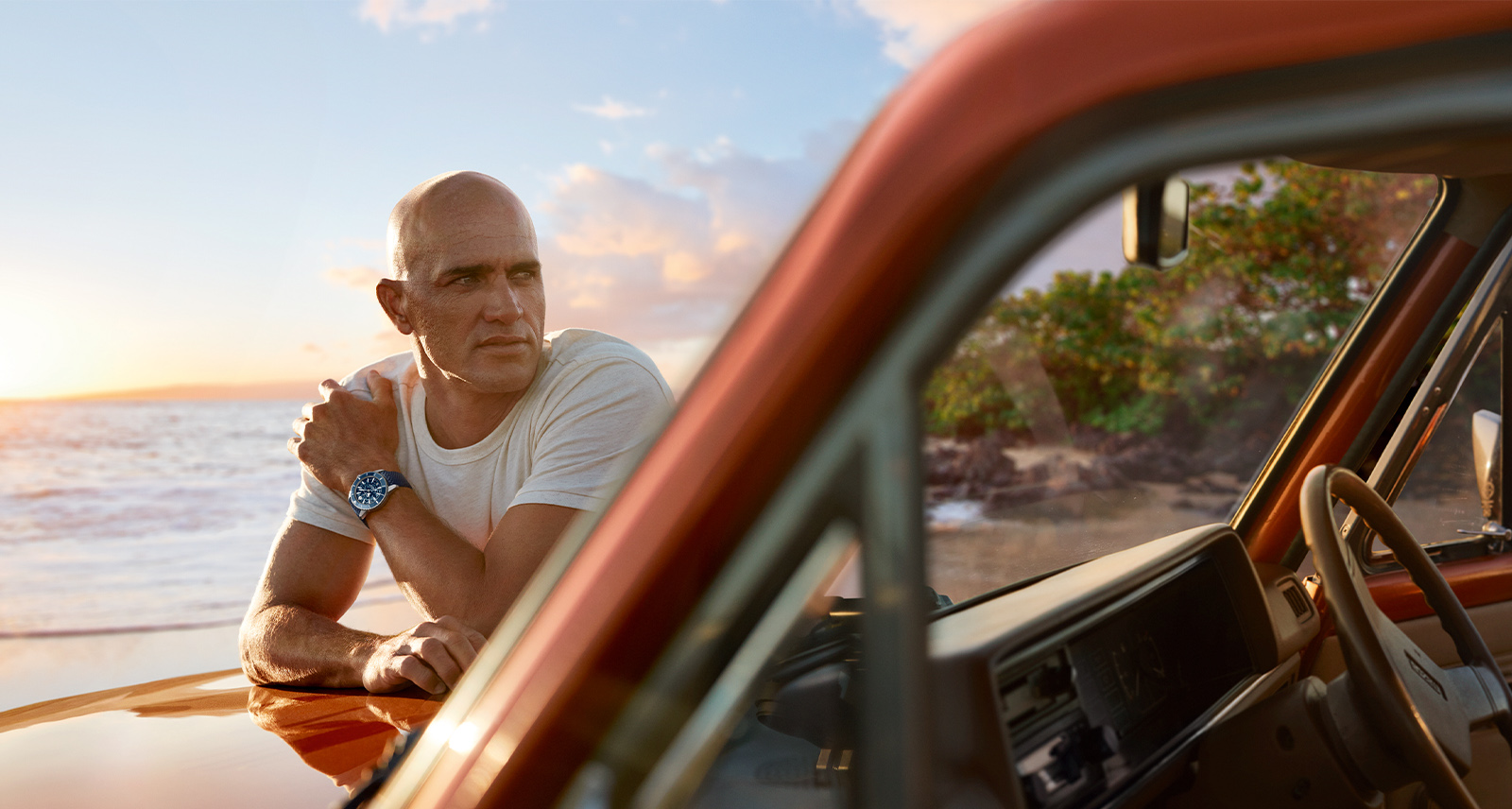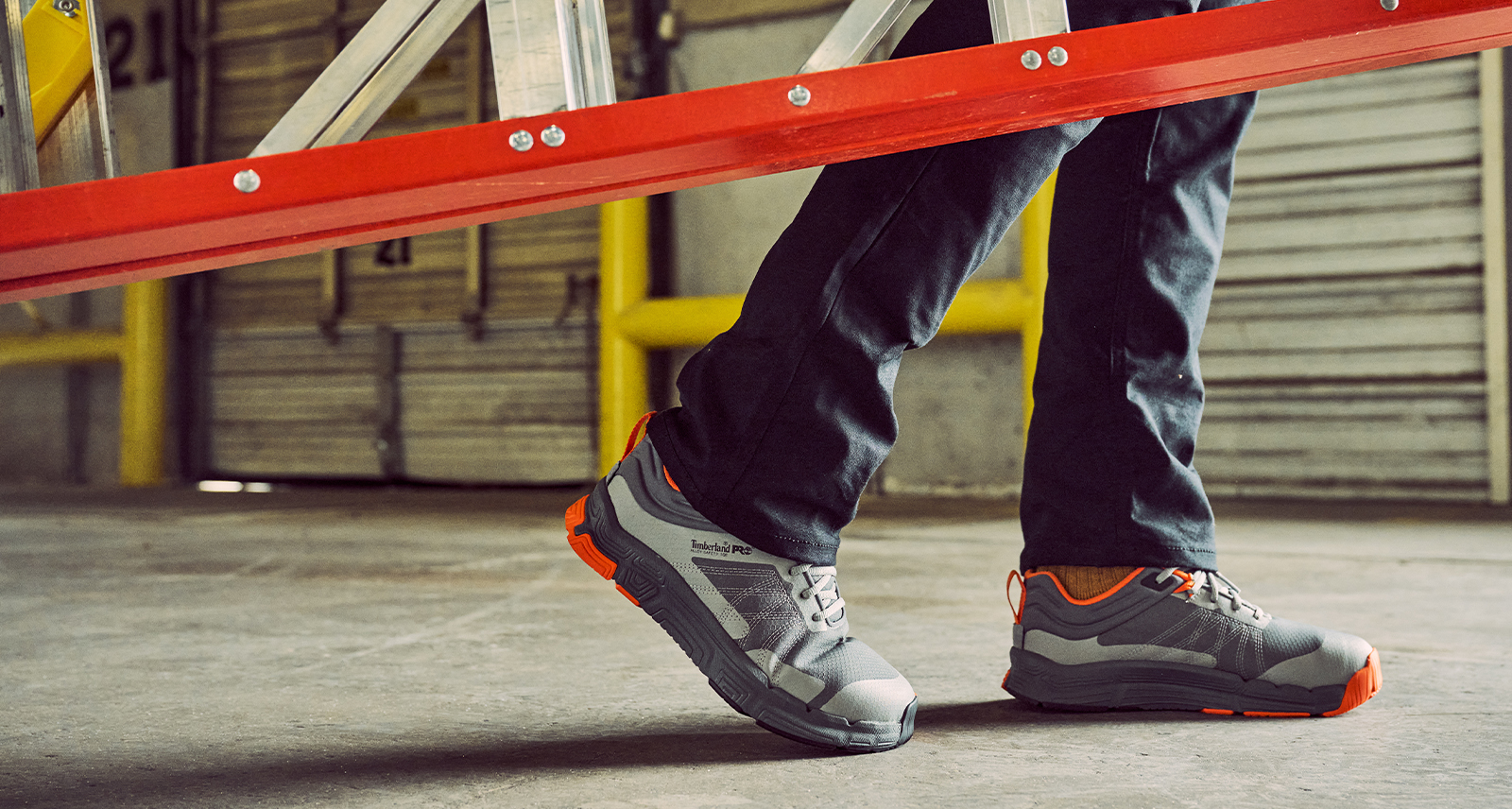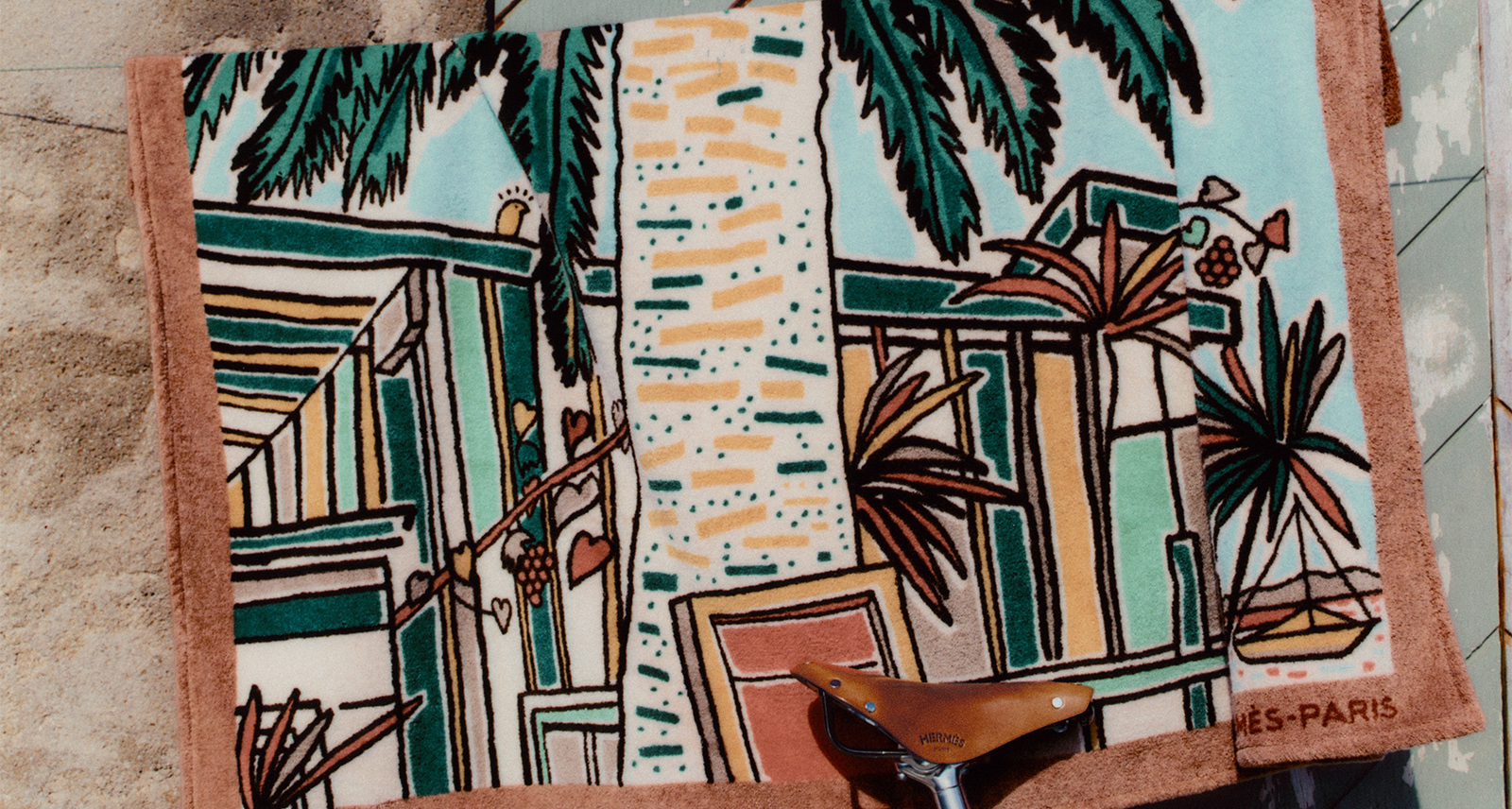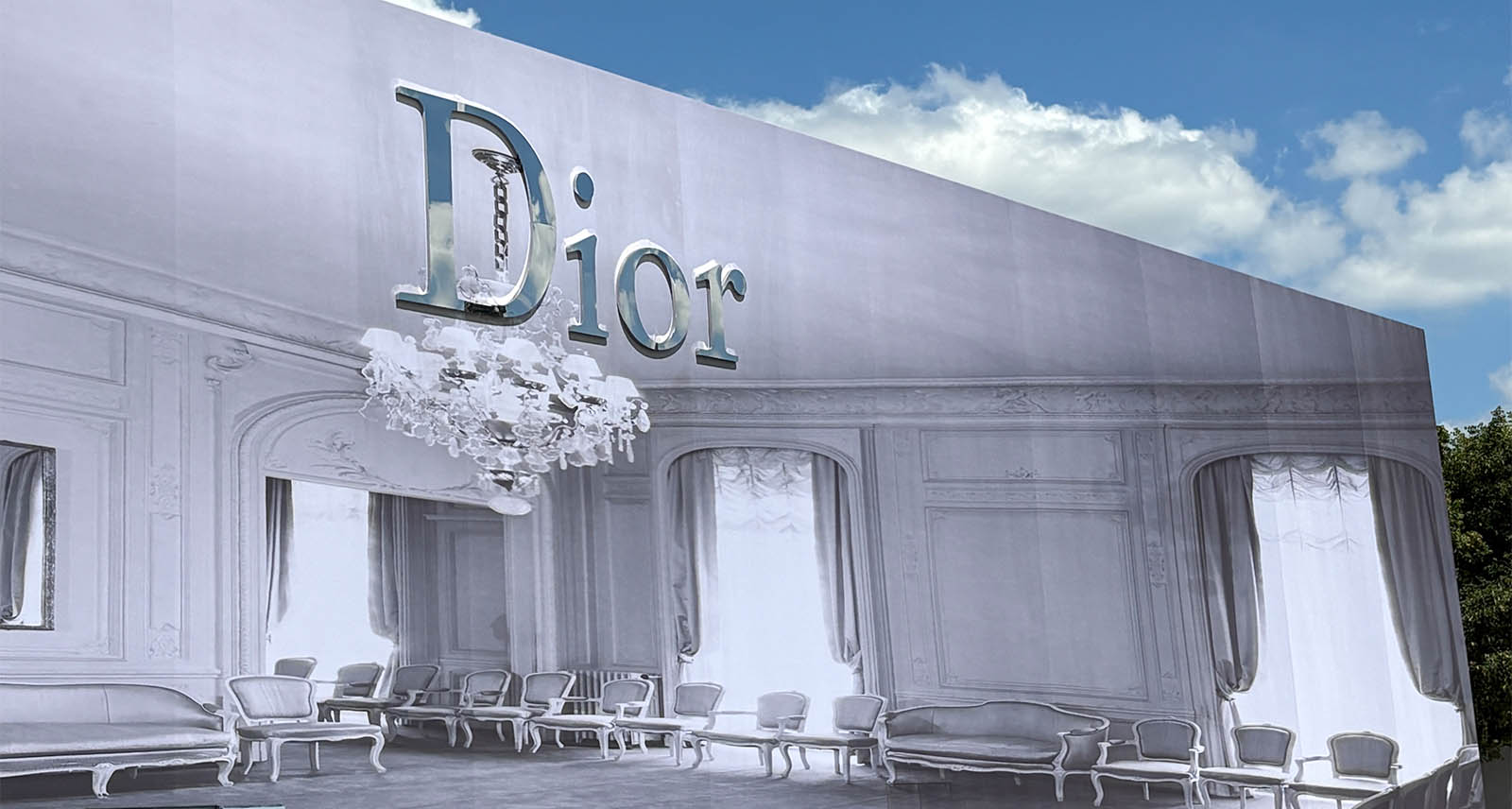It’s Official: ‘Die Hard’ is the Greatest Christmas Movie of All Time
To read more of Sharp’s Christmas Movie Smackdown, click here.
We knew it would come down to this.
Sure, we planned it this way, but there was no other way this Smackdown could go down. These two Titans of Holiday Cinema, so indelible in their own way, were destined to go head-to-head. Frank Capra’s It’s a Wonderful Life is, of course, the sentimental favourite. It’s been around longer, proven itself over hundreds of re-watches, and somehow, despite it’s distinctly old-school pacing, still packs an emotional wallop. It has been responsible for more tears than Bambi, Dead Poets Society and Terms of Endearment combined. Unless you don’t have a soul, or you lose patience and quit watching some time around the first hour, It’s a Wonderful Life will make even the hardest man cry every damn year.
Then, there’s Die Hard, which isn’t exactly new — it’s almost thirty years old — coming in as the brash upstart. Isn’t it almost sacrilegious to even consider an action movie, with all it’s profane violence and machine gun shooting, in the same league of Christmas movies as It’s a Wonderful Life? Just because it happens to take place on Christmas Eve? The movie was released in July. It wasn’t even remotely marketed as holiday fare. What are we trying to pull here?
An upset, that’s what.
The fact is, we can’t disqualify Die Hard just because it’s not technically a Christmas movie, because neither is It’s a Wonderful Life. There is nothing specifically Christmas-y, or even Christian, about Capra’s film. Like Die Hard, it just happens to be set around the holidays. Or, at least the climax is. Check the soundtrack: the song all the characters sing at the end, after George Bailey realizes with angelic help that his life does have meaning, isn’t “O Holy Night,” or “White Christmas.” It’s “Auld Lang Syne.” That’s a New Year’s song. The only New Year’s song anyone knows.
But their respective lack of yuletide messaging isn’t their only similarities. There’s a reason these two films are the last ones standing. It has a lot to do with nostalgia — they don’t make action movies like Die Hard anymore (they don’t even make Die Hard movies like Die Hard anymore), just as they don’t make sentimentally downtrodden (though ultimately uplifting) character sketches like It’s a Wonderful Life anymore. Both films are far too slow, too intimate, for where their respective genres are at these days.
Let me just say it: these movies aren’t that different at all. Not in terms of theme, anyway. Think about it: couldn’t It’s a Wonderful Life safely be called Die Hard? After all, the film starts with George Bailey wanting to die, until divine intervention makes suicide particularly difficult. Not only that, but think of all the times George is beaten down throughout the flick: a bad ear, giving away his honeymoon money to save his bank, foregoing the lucrative plastics industry and the wealth he’d get working for Potter. You can’t keep the Bailey boys down.
The films are the same because John McClane and George Bailey are cut from the same classically masculine cloth. They are both underdogs, facing overwhelming challenges that aren’t of their own choosing. George has a family business, not to mention an entire town’s underclass, to support. John McClane has twelve terrorists, equipped with military-grade weaponry, that he has to defeat in order to rescue a room full of hostages. Plus, his marriage is on the rocks. Not exactly the same, but both are matters of life and death at least.
Now, I say that the challenges aren’t of their choosing, but that’s not entirely accurate. Each have been thrust into their unfortunate circumstances, but both ultimately decide to react heroically. Although neither would think they had much of a choice. That’s why they’re similar. There is no external resistance to the call of duty. Both are resigned, almost begrudging, in their willingness to beat the odds. George is bitter about the sacrifices he makes, but he continues to make them. John is lonely and wounded and unprepared, but he never doubts that he’ll have to fight off the terrorists. And both are surrounded by incompetent people who only exacerbate the problem.
That’s why men relate to these films. We feel the pressure to act heroically in our circumstances, as insignificant as they may be, and we’d like to think that we’d have the skills to do so. It’s not just that we want to be considered the hero of our lives — we already are, by default — we want to have the guts and selfless disregard for our own desires, to overcome constant and incredible difficulties. And we want to have a few one-liners to help us along the way.
And that’s where the balance shifts. Humour. For all the talk about how depressing It’s a Wonderful Life is, it’s not without it’s moments of levity. (The way George Bailey says “This is a very interesting situation” will never not be funny). But, the balance isn’t quite right. Mostly, it’s a series of compromises and disappointments until a rushed third act, that yes, is joyous. It’s resonant because it’s like life. At least, we hope there’s some climatic moments of joy now and then to make this all meaningful.
Die Hard on the other hand, is full of comedy. There’s the one-liners, sure, but there’s also the bureaucratic satire of the people on the ground. There’s charm and wit mixed in with the violence and suspense. Somehow, Die Hard is more hopeful. Yeah, it’s lonely fighting thieves, and sometimes your feet will bleed, but it’s also kind of fun, damn it. It really is a wonderful life.
Is that enough to make Die Hard a better Christmas movie? Maybe not. I know which one of the two I’ll be watching on Christmas Eve. And it won’t be Die Hard. But I also know which one I’ve already watched, and re-watched, this holiday season—and yeah, sometime in the summer, too—and that’s the one that deserves to win.
Congratulations Die Hard, and Merry Christmas.
THE CHAMPION: Die Hard
